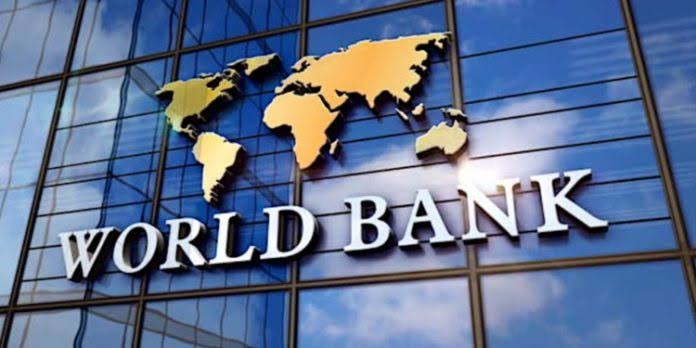
The World Bank has urged the Federal Government to issue a presidential directive to raise excise duties on “sin goods”, including alcohol, tobacco, and sugary drinks, as a key condition for accessing a \$750 million loan aimed at boosting Nigeria’s non-oil revenue.
This condition is outlined in the World Bank’s latest Implementation Status and Results Report for the “Accelerating Resource Mobilisation Reforms Programme-for-Results,” which became effective on October 14, 2024, and is scheduled to conclude in November 2028. A copy of the report was obtained by *The PUNCH* from the bank’s website.
According to the review, a minimum disbursement of \$10 million is contingent upon the issuance of this presidential order. The broader goal of the reform programme is to enhance Nigeria’s non-oil revenue generation while maintaining earnings from the oil and gas sector. As of May 2025, Nigeria had received only \$1.88 million—just 0.25 per cent of the total loan. However, six disbursement-linked results valued at \$235 million have reportedly been achieved and are pending verification. The report stressed that the formal verification required for release of the attached funds is “a Presidential order increasing excises on ‘sin’ goods,” noting that current excise rates remain too low.
It is also noted that Nigeria already levies excise duties on tobacco, alcoholic, and non-alcoholic beverages, with new rates introduced starting June 1, 2022. Tobacco products attract a 30 per cent ad valorem tax, along with a specific tax increasing annually—from N4.2 per stick in 2022 to N5.2 in 2024.
Alcoholic drinks such as beer, wine, and spirits are taxed through escalating specific rates per litre, combined with a 20 per cent ad valorem tax for wine and spirits. A N10 per litre duty also applies to non-alcoholic and sweetened drinks. Additionally, a 5 per cent excise duty on telecom services was introduced but later suspended.
However, Nigerians will soon pay more for telecom services following the president’s assent to the Nigeria Tax Bill 2024, which reinstates the controversial 5 per cent telecom excise duty. Passed by the Senate on May 8, 2025, the new law is set to drive up the cost of calls, texts, and data for consumers.
This development, coupled with recent tariff hikes, has drawn criticism from telecom operators who warn that the added burden could hinder efforts to expand digital inclusion. The excise duty was originally introduced under the 2020 Finance Act during President Muhammadu Buhari’s administration as part of an initiative to widen the excise tax net. It faced resistance from telecom companies and consumer advocates who argued it would worsen the already high cost of essential services in a fragile economy.








